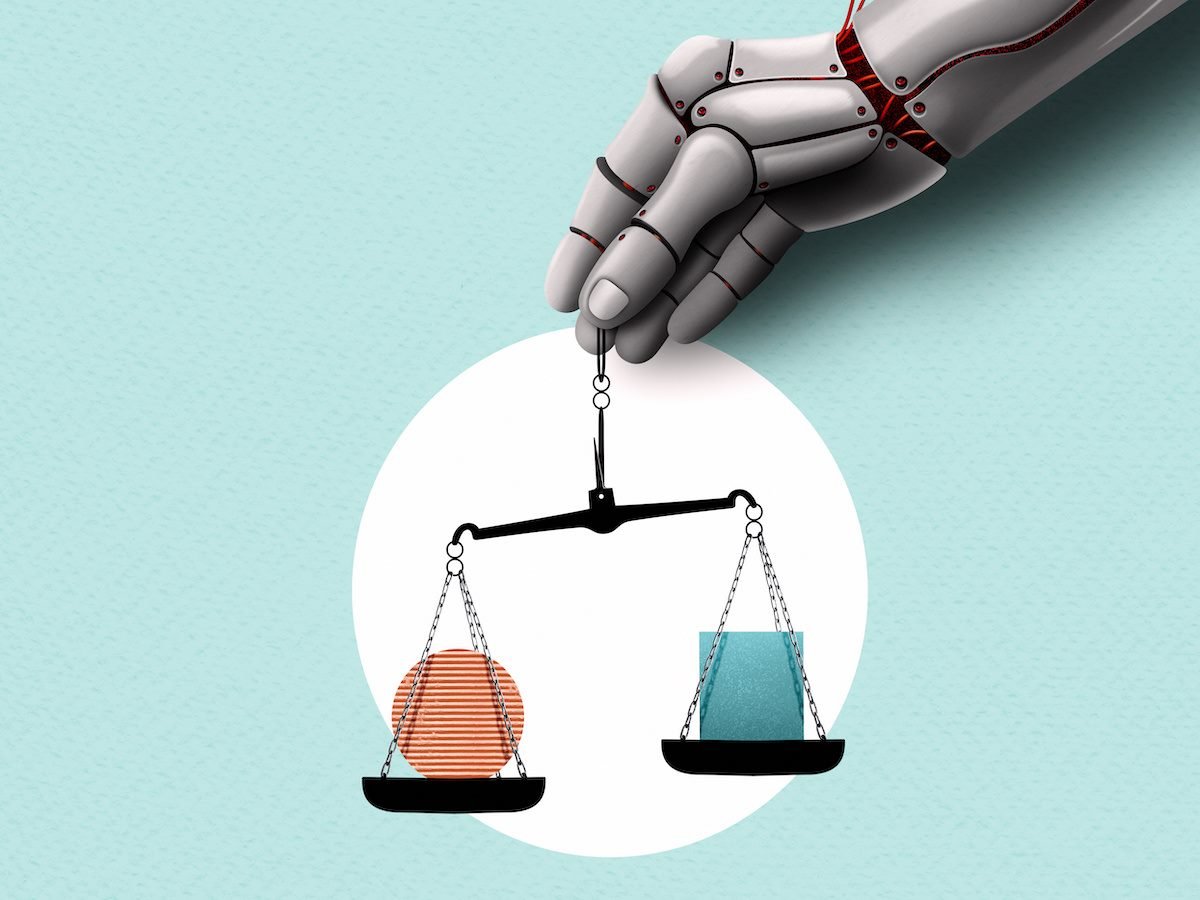“AI Regulation Jigsaw: Are Life Science Professionals at Risk of Losing Global Collaboration?”
In the rapidly evolving world of life sciences, the intersection of artificial intelligence and copyright laws has become a hotbed of conversation. Have you ever wondered how many researchers actually consider copyright before diving into the vast sea of third-party information? A staggering 42% admit they don’t—grasping the implications of such negligence can feel overwhelming! Recently, the Pistoia Alliance, in collaboration with the Copyright Clearance Center (CCC), unveiled a pivotal survey at their annual conference in Philadelphia, revealing that while a remarkable 83% of life science professionals have embraced generative AI, concerns about diverse AI regulations loom large. This insightful dialogue, featuring experts from major organizations including the Chan Zuckerberg Initiative and the FDA, aims to illuminate the path toward more compliant and collaborative research practices. As organizations strive for patient-centric solutions, understanding the nuances of data standardization and copyright becomes crucial for fostering innovation in pharmaceutical R&D. Curiously, with all this talk about compliance, I can’t help but wonder—what’s the secret sauce that will finally unite these complex issues into a seamless workflow? Let’s explore this further! LEARN MORE.

Experts From Chan Zuckerberg Initiative, FDA, AbbVie, Elsevier, Penn Medicine, Takeda and Others Discuss Patient-Centricity, Data Standards, and Copyright
London, 10 December 2024: The Pistoia Alliance, a global, not-for-profit alliance that advocates for greater collaboration in life sciences R&D, has announced the results of a global survey in conjunction with CCC (Copyright Clearance Center), a leader in advancing copyright, accelerating knowledge, and powering innovation, on the impact of AI and copyright legislation on pharma R&D. While 83% of life science professionals are now using generative AI in their research, there is still widespread concern about the impact of differing AI regulations on cross-border research collaboration (85%). Additionally, 42% of respondents said they don’t think about copyright before sharing or using third-party information with AI tools. The survey was conducted at the Alliance’s annual US conference held this year in Philadelphia, which gathered more than 200 industry experts to collaborate on topics such as AI regulation, harmonization of data standards, and patient-centricity.












